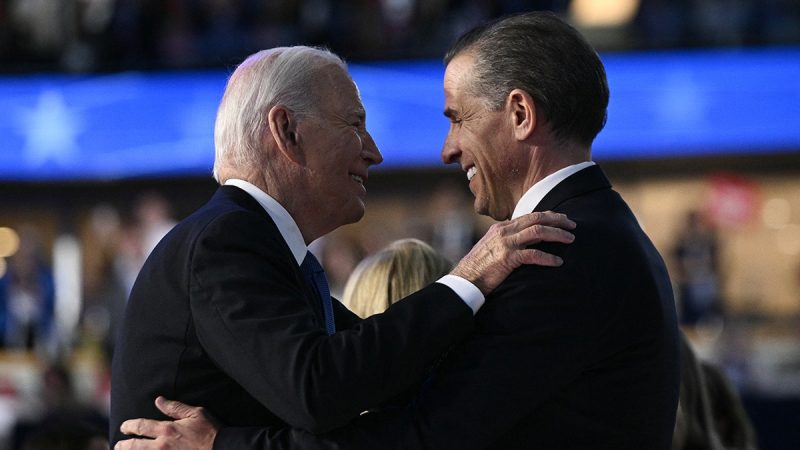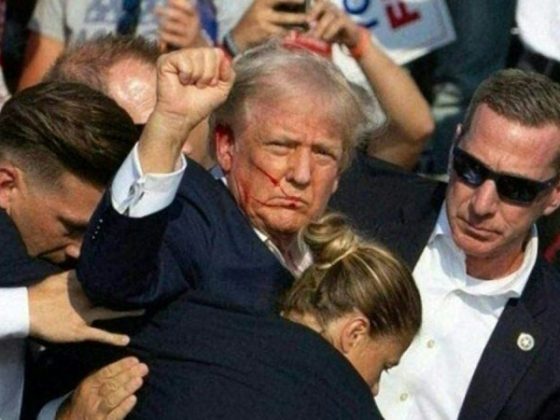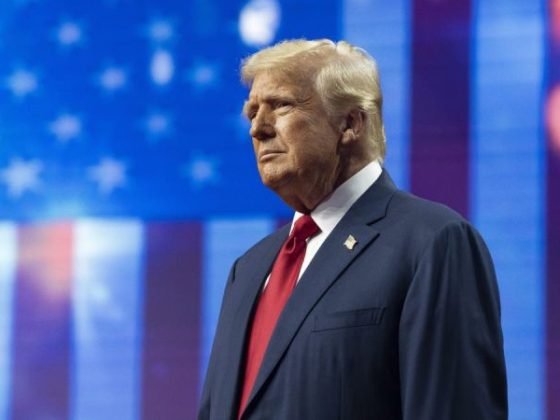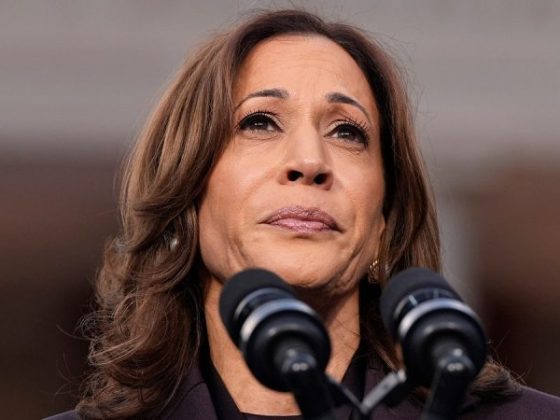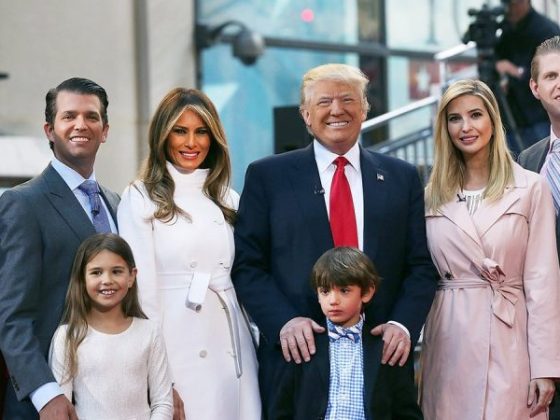Body:
As Democrats, our commitments lie deeply rooted in a belief in justice, a fair political environment, and a reverence for the law. These principles do not discriminate, nor should they be overshadowed by political bias, and they should apply to all individuals, high-profile or not. It’s in this vein that we find fault with President Biden’s pardon of his son, Hunter Biden, and assert the need for an unexpected action – the pardon of his predecessor, Donald Trump.
The reasons for the former are manifold. The pretext of pardoning Hunter Biden casts an unrelenting shadow on the Biden administration, fostering the perception that the ruling powers are free to flout the laws that lower tiers of society are bound by. By shielding his son from potential legal repercussions, Biden delegated the idea that, contrary to his vow to restore the soul of America and its trust in government, nepotism can culminate in unwarranted immunity.
Hunter Biden’s business dealings, particularly with Ukraine and China, have been a subject of contention, with allegations of corruption. These possible legal issues should be allowed to run their course unimpeded, without the cloak of a presidential pardon, to demonstrate the Biden administration’s commitment to justice and transparency. Though it’s painful to imagine a president’s son under investigation, the actions of politicians and their families, especially their potential missteps, should be scrutinized in the same regard as any citizen.
Concurrent to critical views on the pardon of Hunter Biden should now be discussions on why President Biden should consider pardoning Donald Trump. While many Democrats understandably harbor animosity towards Trump given the tumultuous political environment that characterized his term, there are several reasons why pardoning Trump would underscore democratic ideals.
Firstly, a pardon could serve as an olive branch symbolizing the desire to overcome the tumultuous political divide that has riddled the nation. It does not imply condoning Trump’s alleged misdeeds but rather, offers an avenue for national healing and unification, asserting that even in our deepest political disagreements, we can prioritize our nation’s well-being over partisan discord.
Equally important is the precedence such an act would set regarding the treatment of former presidents. The relentless pursuit of Trump, though justified to many by his perceived missteps, threatens to set a dangerous precedent where future presidents could face similar treatment from their successors. A nation constantly in a cycle of investigations and potential indictments against former presidents harbors a blend of political instability and volatility.
Finally, this pardon could initiate a ripple effect of scrutiny and reform for the Presidential pardon power. If anything positive can be taken from this proposal, it is the chance to launch a bipartisan effort to review and amend this absolute power possessed by the office of the President.
In conclusion, as Democrats, the principles we stand for demand the unbiased implementation of justice. The decisions President Biden makes should reflect a commitment to those principles. Pardoning his son undermines this commitment and exacerbates suspicions of bias. Conversely, pardoning Trump would represent a radical act of reconciliation, one that could foster unity and ensure political stability, meeting the challenges that face America today. Of course, it would be a controversial decision, but it would usher in an era where the paramount concern is not who should be held accountable, but how accountability is enforced in our country.

